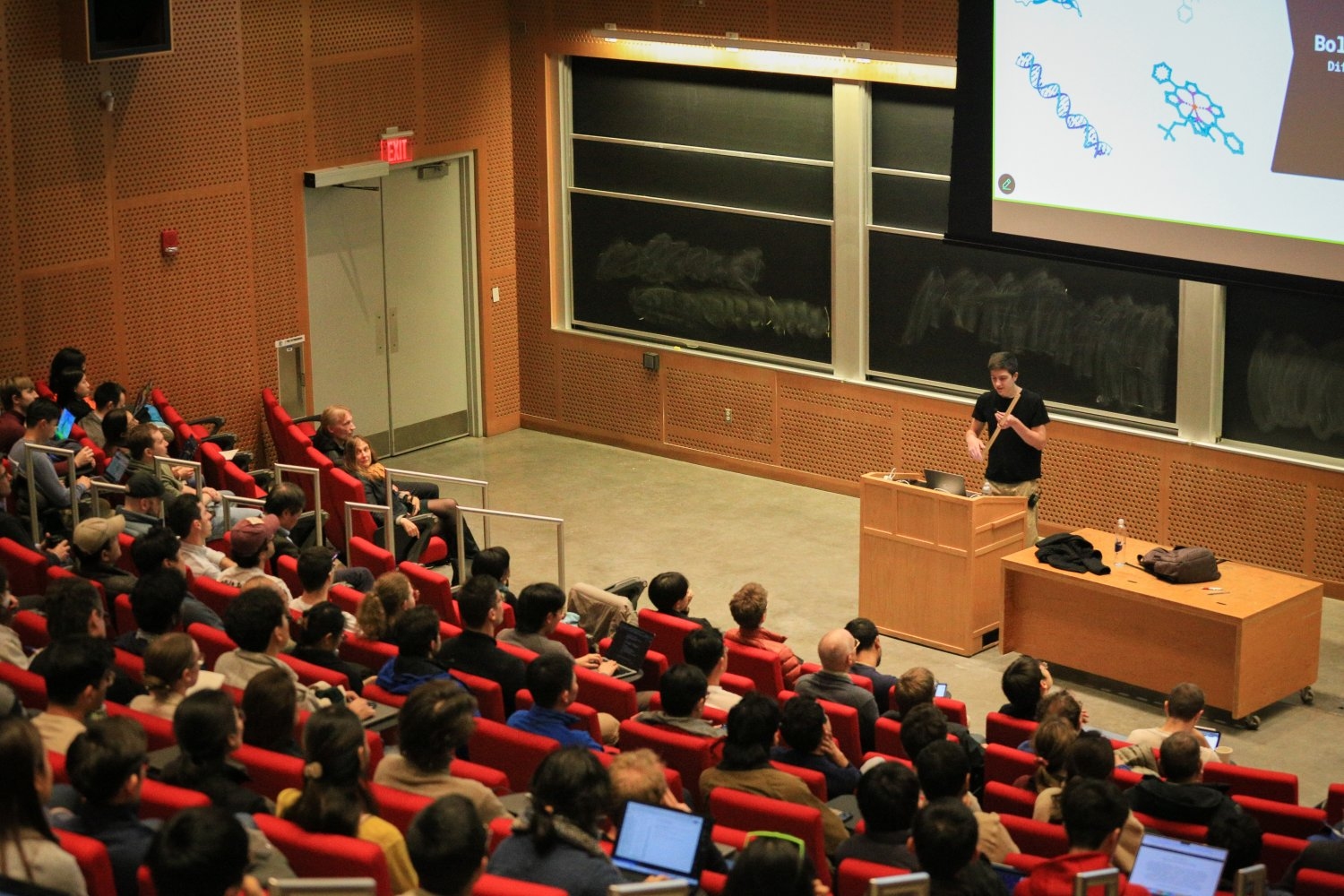An MIT study finds that AI can replace 11.7% of the US labor market, or ~$1.2T in wages, based on the "Iceberg Index", which measures job automation potential (MacKenzie Sigalos/CNBC)
NeutralArtificial Intelligence

- A recent study from the Massachusetts Institute of Technology (MIT) indicates that artificial intelligence (AI) could replace approximately 11.7% of the US labor market, equating to around $1.2 trillion in wages. This assessment is based on the newly developed 'Iceberg Index', which measures the potential for job automation across various sectors.
- This finding underscores the significant impact AI technologies may have on employment dynamics in the US, prompting discussions about workforce adaptation and the need for reskilling in light of potential job displacement.
- The implications of this study resonate within ongoing debates about the balance between technological advancement and job security, as companies like Google emphasize the necessity of expanding AI infrastructure to meet rising demands, highlighting the urgency for strategic planning in workforce management.
— via World Pulse Now AI Editorial System





